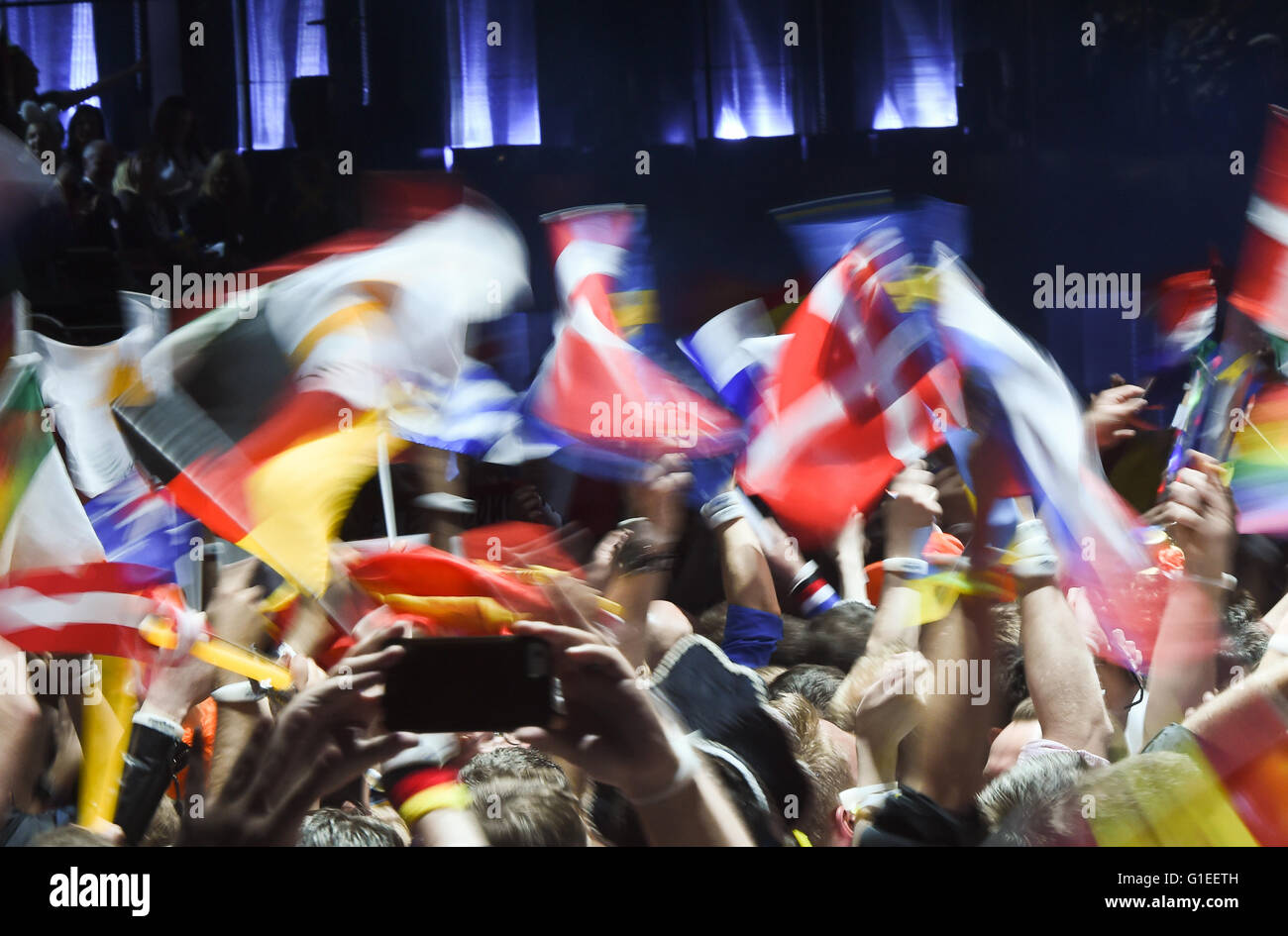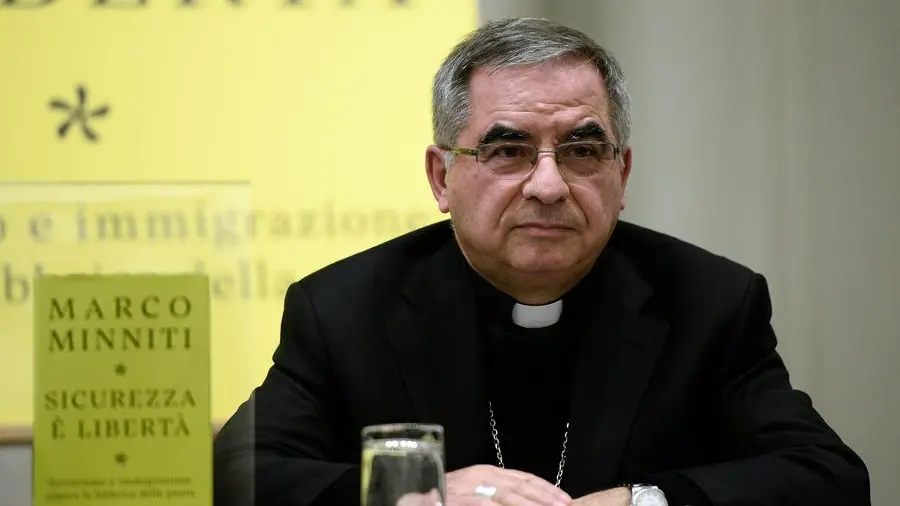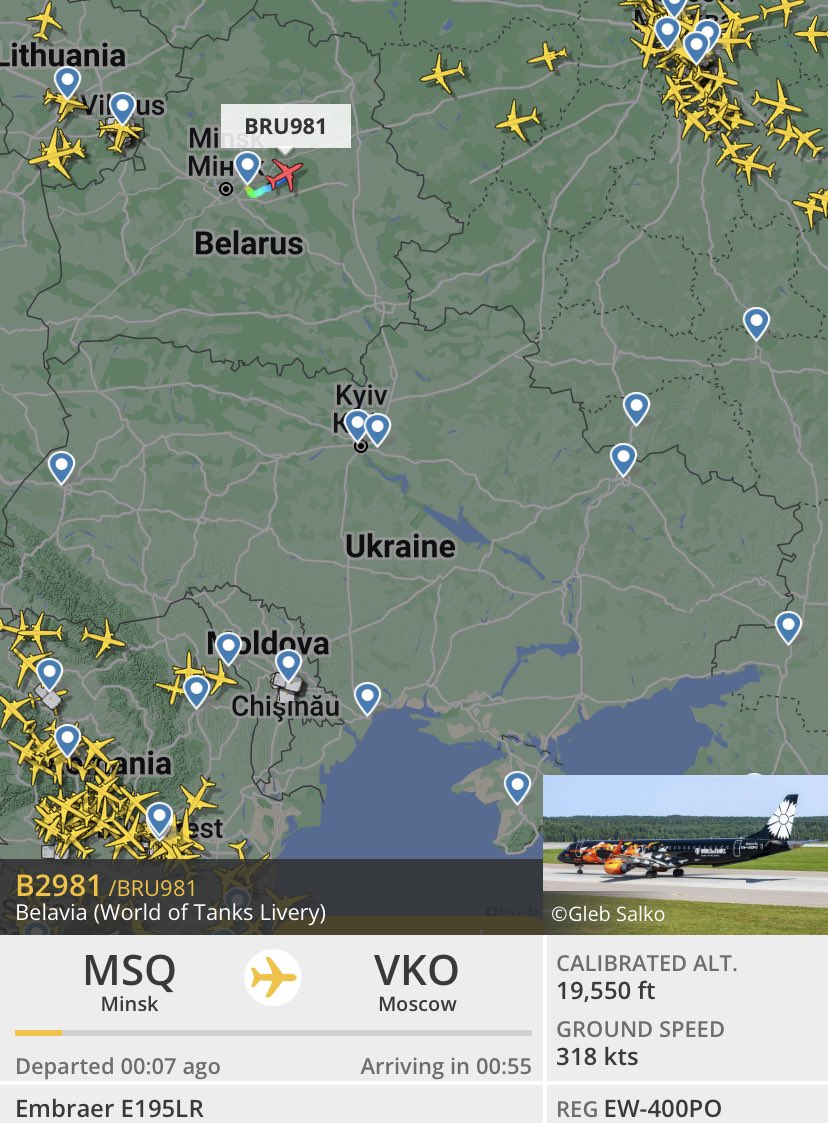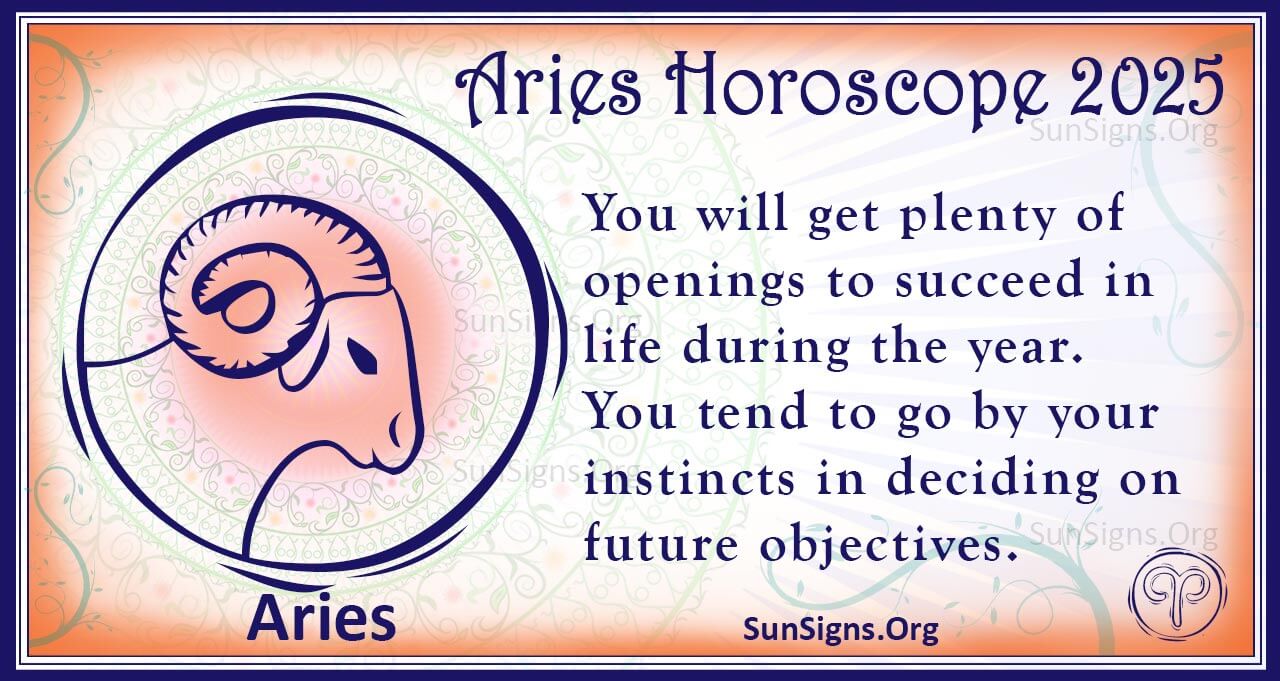No Pride Flags Allowed At Eurovision? The Controversy Explained

Table of Contents
H2: The Reported Restrictions on Pride Flag Displays
Reports of restrictions on the display of Pride flags at Eurovision events have surfaced over the years, sparking outrage and igniting discussions about the event's commitment to its stated values of diversity and inclusion. While the European Broadcasting Union (EBU), which organizes the contest, hasn't explicitly banned Pride flags, interpretations of its rules regarding political statements and the differing regulations of host countries have led to inconsistent enforcement.
-
Examples of incidents: Several instances have been reported where attendees were reportedly prevented from bringing or displaying Pride flags, leading to accusations of censorship. In some cases, flags were allegedly confiscated, while in others, attendees faced subtle pressure to refrain from displaying them. Specific instances, including years and locations, need to be documented and cited for fact-checking purposes (research needed).
-
Official statements and policies: The EBU’s official stance often focuses on maintaining the apolitical nature of the competition. This, however, has been interpreted differently by various stakeholders, creating a lack of clarity and fueling the debate. A review of EBU statements and host country regulations related to flag displays is essential for a comprehensive understanding.
-
Varying interpretations: The vagueness of regulations has created confusion. Some interpret rules as prohibiting only overtly political statements, while others view the Pride flag itself as implicitly political. This ambiguity undermines the contest's image and fosters a feeling of exclusion among LGBTQ+ fans and artists.
H2: Arguments For and Against Restrictions
The debate surrounding the display of Pride flags at Eurovision is multifaceted and involves strongly held beliefs.
H3: Arguments for Restrictions:
Arguments in favor of restricting Pride flags often cite concerns about the event's neutrality.
-
Political neutrality: Proponents argue that the Eurovision Song Contest should remain apolitical, and that displaying any political symbol, including the Pride flag, could jeopardize this neutrality and alienate viewers with differing political viewpoints.
-
Potential for disruption: Concerns have been raised about the potential for protests or disruptions if Pride flags were widely displayed, potentially overshadowing the musical performances and causing logistical challenges.
-
Host country regulations: Some argue that restrictions might be necessary to comply with the laws and regulations of the host country, particularly if those regulations limit the public display of certain symbols.
-
Legal considerations: Freedom of speech is a fundamental right but it's important to consider whether the specific context of a large-scale, international event justifies limitations on that right within the event's defined parameters.
H3: Arguments Against Restrictions:
Conversely, many argue against restrictions, highlighting the event's commitment to diversity and the symbolic power of the Pride flag.
-
Inclusivity and diversity: Critics argue that prohibiting Pride flags directly contradicts Eurovision’s stated commitment to inclusivity and diversity. The contest celebrates cultural differences worldwide; restricting a symbol of LGBTQ+ pride is seen as hypocritical.
-
Symbolic importance: The Pride flag holds significant meaning for the LGBTQ+ community, representing visibility, acceptance, and a sense of belonging. Restricting its display is viewed as a silencing of this community.
-
Freedom of expression: The right to express one's identity and beliefs peacefully is a fundamental human right, and restricting the display of the Pride flag infringes on this right.
-
Hypocrisy of diversity: Allowing diverse musical styles and artists while suppressing LGBTQ+ symbolic representation is deemed hypocritical and damaging to the integrity of the contest.
H2: The Wider Context: LGBTQ+ Rights and Representation in Europe
The Eurovision Pride Flag Controversy cannot be viewed in isolation. It reflects the broader landscape of LGBTQ+ rights and acceptance across Europe, which varies significantly from country to country.
-
Varying levels of LGBTQ+ rights: Some European nations have progressive LGBTQ+ laws and robust protections, while others lag behind, showcasing a disparity in acceptance and legal protections. A review of LGBTQ+ rights in various Eurovision host countries over the years would be insightful.
-
Connection to broader conversation: This controversy highlights the ongoing struggle for LGBTQ+ visibility and representation in mainstream media and public events. Eurovision, with its massive global audience, serves as a prominent platform for this discussion.
-
Impact on LGBTQ+ visibility: Restrictions on Pride flags negatively impact LGBTQ+ visibility and create a hostile environment for LGBTQ+ individuals and artists.
H2: The Impact on the Eurovision Community and Viewers
The controversy surrounding Pride flags has undeniably affected the perception of the Eurovision Song Contest, creating division within its community.
-
Reactions from stakeholders: Artists, viewers, and LGBTQ+ organizations have expressed their outrage and disappointment over the reported restrictions, with some calling for boycotts and others initiating online campaigns.
-
Effect on viewership and opinion: The controversy might influence viewership and damage the event’s reputation among progressive viewers. Further research is needed to quantitatively assess this impact.
-
Long-term damage to brand: Continued controversies around LGBTQ+ inclusion could lead to a decline in viewership and tarnish the Eurovision brand's image.
3. Conclusion:
The Eurovision Pride Flag Controversy underscores a fundamental tension between the desire for political neutrality and the commitment to inclusivity. Arguments for restrictions often focus on maintaining the event's apolitical nature and avoiding disruptions, while arguments against emphasize freedom of expression, the symbolic importance of the Pride flag, and the hypocrisy of celebrating diversity while suppressing LGBTQ+ representation. The controversy highlights the ongoing struggle for LGBTQ+ rights and representation in Europe, raising concerns about the impact on LGBTQ+ visibility and acceptance. The long-term consequences for the Eurovision Song Contest's image and reputation depend on how the EBU and future host countries navigate this complex issue. Continue the conversation about the Eurovision Pride Flag Controversy. Let your voice be heard and demand greater inclusivity and respect for the LGBTQ+ community at future Eurovision events. Share your thoughts and opinions, contributing to a more understanding and supportive environment for all.

Featured Posts
-
 Scandalo Becciu Le Chat Segrete Svelano Un Processo Falsato
May 01, 2025
Scandalo Becciu Le Chat Segrete Svelano Un Processo Falsato
May 01, 2025 -
 Remembering The Past Louisville Residents Under Shelter In Place Order
May 01, 2025
Remembering The Past Louisville Residents Under Shelter In Place Order
May 01, 2025 -
 Russias Spring Offensive Warmer Weather A Decisive Factor
May 01, 2025
Russias Spring Offensive Warmer Weather A Decisive Factor
May 01, 2025 -
 Kshmyr Ka Tnazeh Amn Ke Lye Hl Drwry
May 01, 2025
Kshmyr Ka Tnazeh Amn Ke Lye Hl Drwry
May 01, 2025 -
 Get Your Daily Horoscope April 17 2025 Astrological Forecast
May 01, 2025
Get Your Daily Horoscope April 17 2025 Astrological Forecast
May 01, 2025
